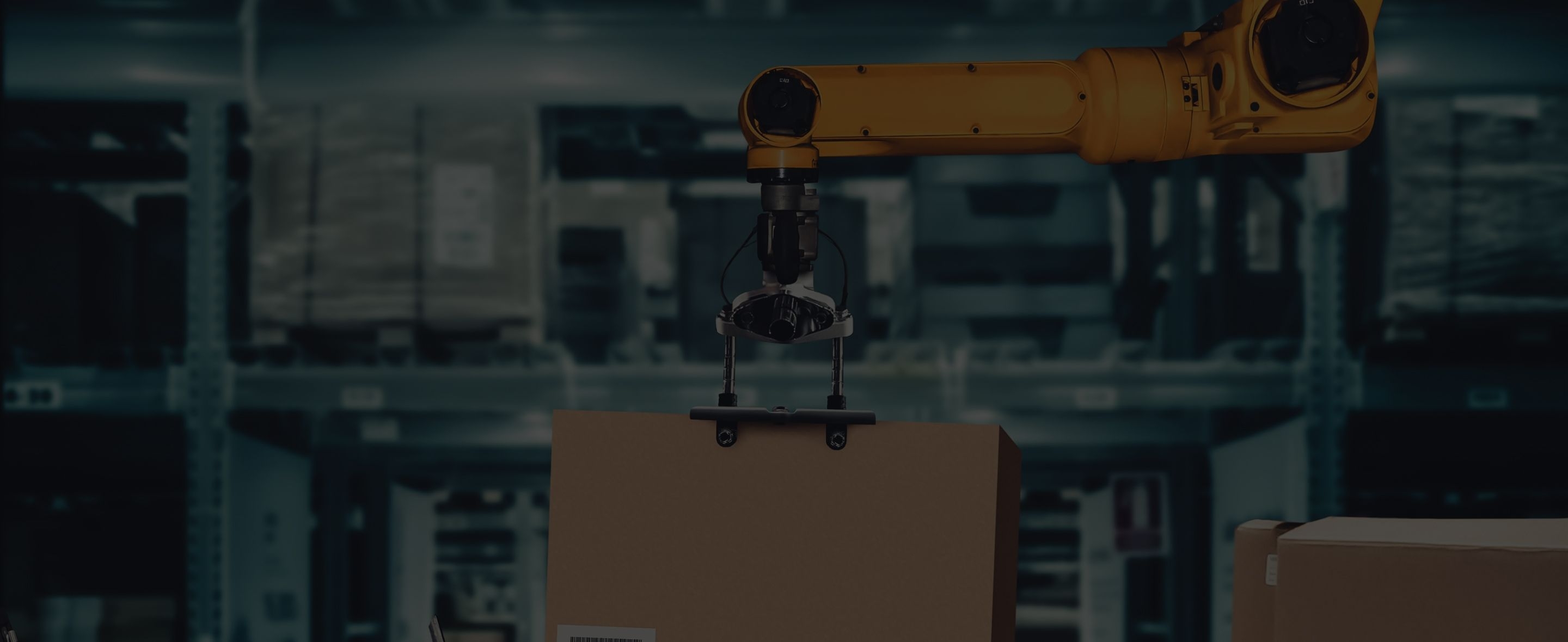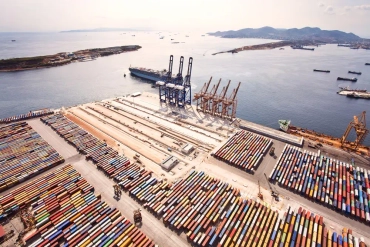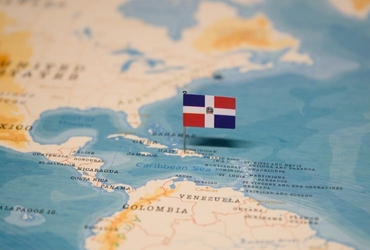
How Ports In Southern Europe Stay Competitive With Innovative Technology



Southern European ports are working on considerable improvements in productivity, reliability and service quality to increase their competitiveness. In a joint effort of institutions, organizations, and companies, efficiency is rising while port facilities are growing to sustain the additional surging traffic.
As the co-founder of an online platform reinventing freight forwarding with technology, Managing Director of iContainers, Carlos Hernández, was invited to speak at the Texas-EU Business Summit 2016. This annual event focuses on the economic and commercial development between the European Union and Texas, the state of the US with the highest exports. The following is a summary of key facts of how technology is affecting the logistics and competitiveness of ports in southern Europe.
Exchange Between The EU And Texas
The Texas-EU Business Summit provides businesses and entrepreneurs with an overview of trade and expansion business opportunities in Europe. While Texas is already the largest exporting state to the European Union, the event further promotes international trade and economic development. The EU offers a diverse market of 500 million people with a GDP of $18.5 trillion. In 2015, Texas exports to the European Union exceeded $27 billion. Among the top products were petroleum and coal products, chemicals, computers and electronics, transportation equipment, and machinery. The UK, Germany, France, Netherlands, and Spain are leading sources of foreign direct investment in Texas.
Southern Europe As A Logistics Platform
Southern Europe offers competitive advantages as a logistics platform. Intermed is an association uniting the ports of Genoa, Marseilles, and Barcelona. It wants to build a well-balanced freight system to speed up transport flows between European ports and markets for more sustainable logistics and transport. Southern European ports are already leading when it comes to productivity and efficiency. That stems from their outstanding comprehensive transport and distribution services. They can also offer highly competitive costs for labor, logistics, and freight management. This, in turn, attracts the world’s leading shipping companies and port operators to southern Europe and investments into a continental rail-based distribution network. Southern European ports are strategic for serving the hinterland. Many cities such as Barcelona offer competitive, high added-value logistics areas within a small radius and a convergence of all modes of transport.
Southern Europe offers three main logistics advantages:
Good location:
6 ports of the world’s top 100 containerized ports are in southern Europe: Valencia, Algeciras, Piraeus, Gioia Tauro, Genoa, and Barcelona.
Relevant connection to EU hinterland (only 30% of total TEUs are loaded and unloaded at docks in southern Europe)
Gateway to Eastern Europe, North Africa, West Africa and the Middle East
Highly competitive costs for labor, logistics, and freight management. Southern Europe is seeing serious improvements in productivity, reliability, and sustainability, along with a high investment in infrastructure.
Through continuous attraction, southern Europe has a good position in the fields of new technologies, science, and talent.
Technology Driving Competitiveness For Ports In Southern Europe
How is technology affecting logistics services and the competitiveness of ports in southern Europe? The productivity and competitiveness of the Mediterranean and southern European shipping industry is largely being driven by technology, improving costs and optimizing the logistics chain. In turn, this leads to drastically reduced transit and operational times, lower inventory and higher turnover. Ports in this geographical region exert a key influence on US foreign trade thanks to their important competitive advantages in the European logistics scenario . Driving factors are:
- Automation and innovation reducing lead times and extra costs
- Standardization of processes and systems to improve connectivity
- Integration of data providing optimization and multi-modality
Southern European ports are also capitalizing on their geostrategic location. They provide shipping routes to the Far East that have shorter transit times than those of northern ports. With that, they offer time savings and reduced CO2 emissions at the same time. In fact, several initiatives factor emissions and reductions into the logistics equation and offer innovative tools like eco calculation to measure the carbon footprint of freight routes. Customers can reduce their carbon footprint and choose the most efficient and sustainable option.
A study shows that price is the most important factor for most shippers and logistics companies. Service and reliability follow closely after. Sustainability is a deal-maker, not a deal-breaker. Legislation and incentives will focus more and more on emissions in the future. That means port authorities, transport companies and governments facilitating reductions today through technology, innovation, and efficient logistics chains will have an advantage.
Frans-Paul van der Putten is the author of the Clingendael Report on investment in the port of Piraeus. He writes that Northern European ports’ “long-standing status as the primary gateways into and out of Europe can no longer be taken for granted”.
Possible Effects Of Post-Panamax On Ports In Southern Europe
Panamax and New Panamax refer to the size limits for ships traveling through the Panama Canal. Width, length, and water depth have to be within the specifications for a ship to be allowed to traverse. Panamax specifications have been in effect since the opening of the canal in 1914. **With the Panama Canal expansion, supersized vessels such as the so-called Post-Panamax ships of bigger dimensions can pass. **Ports are also gearing up to accommodate the Post-Panamax container ships and their increased water depth that will be able to pass through the expanded Panama Canal.
Expect the Post-Panamax canal to alter global trade routes. The larger Post-Panamax cargo vessels will replace older and smaller ships. The new container ships can carry more than double the cargo (12,500 TEUs or 20-foot containers), compared to the Panamax ships (with only 5,000 TEUs). Southern European ports are taking the following measures and initiatives to be ready for Post-Panamax vessels:
- The reshaping of infrastructure to accommodate super-sized ships. The new generation of vessels with 18,000 to 20,000 TEUs will make up 62% of the world’s total containers fleet by 2030.
- Generating alternate sourcing and routing orders (new hubs and round-the-world services)
Post-Panamax, opportunities emerge for ports in Southern Europe to become more relevant for the biggest trade lanes and offer better connections as relevant gateways. Ports can stay competitive by offering facilities for new, larger vessels and concentrate alliances. Reduced canal transit times also result in shorter shipping times and faster turnaround, thus further reducing transport costs.
iContainers is reinventing ways for exporters and importers to find, book and manage their ocean freight transportation needs. Through the use of innovative technology, iContainers is shaping the future of logistics and the shipping industry. Get your freight quote now!
Related Articles


